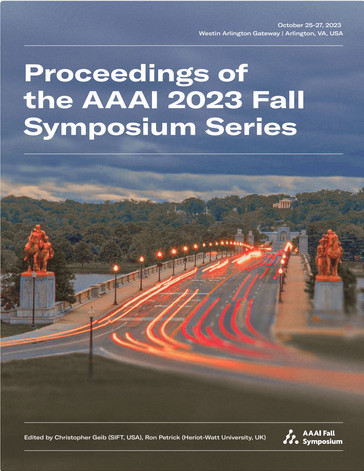AB2CD: AI for Building Climate Damage Classification and Detection
DOI:
https://doi.org/10.1609/aaaiss.v2i1.27658Keywords:
Deep Learning, Remote Sensing, Natural Hazards, Building Damage, Climate Adaptation, Climate Resilience, Climate Extremes, Infrastructure, Impact Assessment, Computer Vision, Change Detection, Classification, Localisation, Segmentation, Artificial IntelligenceAbstract
We explore the implementation of deep learning techniques for precise building damage assessment in the context of natural hazards, utilizing remote sensing data. The xBD dataset, comprising diverse disaster events from across the globe, serves as the primary focus, facilitating the evaluation of deep learning models. We tackle the challenges of generalization to novel disasters and regions while accounting for the influence of low-quality and noisy labels inherent in natural hazard data. Furthermore, our investigation quantitatively establishes that the minimum satellite imagery resolution essential for effective building damage detection is 3 meters and below 1 meter for classification using symmetric and asymmetric resolution perturbation analyses. To achieve robust and accurate evaluations of building damage detection and classification, we evaluated different deep learning models with residual, squeeze and excitation, and dual path network backbones, as well as ensemble techniques. Overall, the U-Net Siamese network ensemble with F-1 score of 0.812 performed the best against the xView2 challenge benchmark. Additionally, we evaluate a Universal model trained on all hazards against a flood expert model and investigate generalization gaps across events, and out of distribution from field data in the Ahr Valley. Our research findings showcase the potential and limitations of advanced AI solutions in enhancing the impact assessment of climate change-induced extreme weather events, such as floods and hurricanes. These insights have implications for disaster impact assessment in the face of escalating climate challenges.Downloads
Published
2024-01-22
How to Cite
Nitsche, M., Mukkavilli, S. K., Kühl, N., & Brunschwiler, T. (2024). AB2CD: AI for Building Climate Damage Classification and Detection. Proceedings of the AAAI Symposium Series, 2(1), 115-123. https://doi.org/10.1609/aaaiss.v2i1.27658
Issue
Section
Artificial Intelligence and Climate: The Role of AI in a Climate-Smart Sustainable Future

